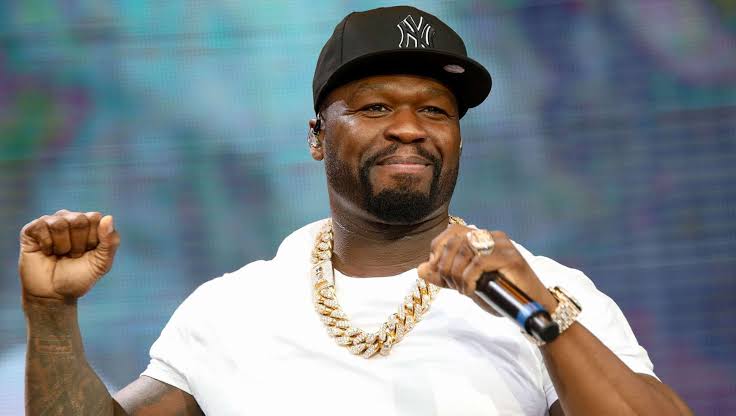50 Cent Explains Why He Turned Down $3 Million to Perform at Trump Rally
American rapper Curtis Jackson, popularly known as 50 Cent, recently disclosed his decision to decline a lucrative $3 million offer to perform at a campaign rally for former President Donald Trump. Trump, who is running for a second term in the upcoming U.S. presidential election on November 5, had extended the invitation for a performance.
In an interview with The Breakfast Club, 50 Cent revealed that he received a call about the performance offer, which also included a request to perform his hit song “Many Men, Wish Death” at the Republican National Convention for a similar fee. However, he chose to reject both opportunities due to his discomfort with becoming involved in politics, which he views as a highly divisive arena.
He explained, “I got a call, they wanted me for Sunday, and they offered me three million dollars for this past Sunday. I didn’t even go far back; I didn’t even talk to them about that kind of stuff. I’m afraid of politics. I do not like politics. It is because when you do get involved in it, no matter how you feel, someone passionately disagrees with you.”
As the election approaches, the political landscape remains intense. Current polls show a tight race between Trump and Democratic nominee Kamala Harris. Trump appears to be leading in several critical battleground states, while Harris holds a narrow edge in national polling. According to FiveThirtyEight’s daily election poll tracker, Harris is slightly ahead by 1.4 percentage points, a decrease from her previous 1.7-point lead.
Both candidates have ramped up their campaign efforts in key swing states like Pennsylvania, North Carolina, and Georgia. Harris, campaigning in Michigan, emphasized her commitment to “turn the page on fear and divisiveness,” aiming to foster unity and bring about change.
50 Cent’s decision to stay away from the political fray highlights the complexities artists face when navigating public personas and political affiliations. His comments resonate with many who prefer to keep their artistic careers separate from the contentious world of politics.








